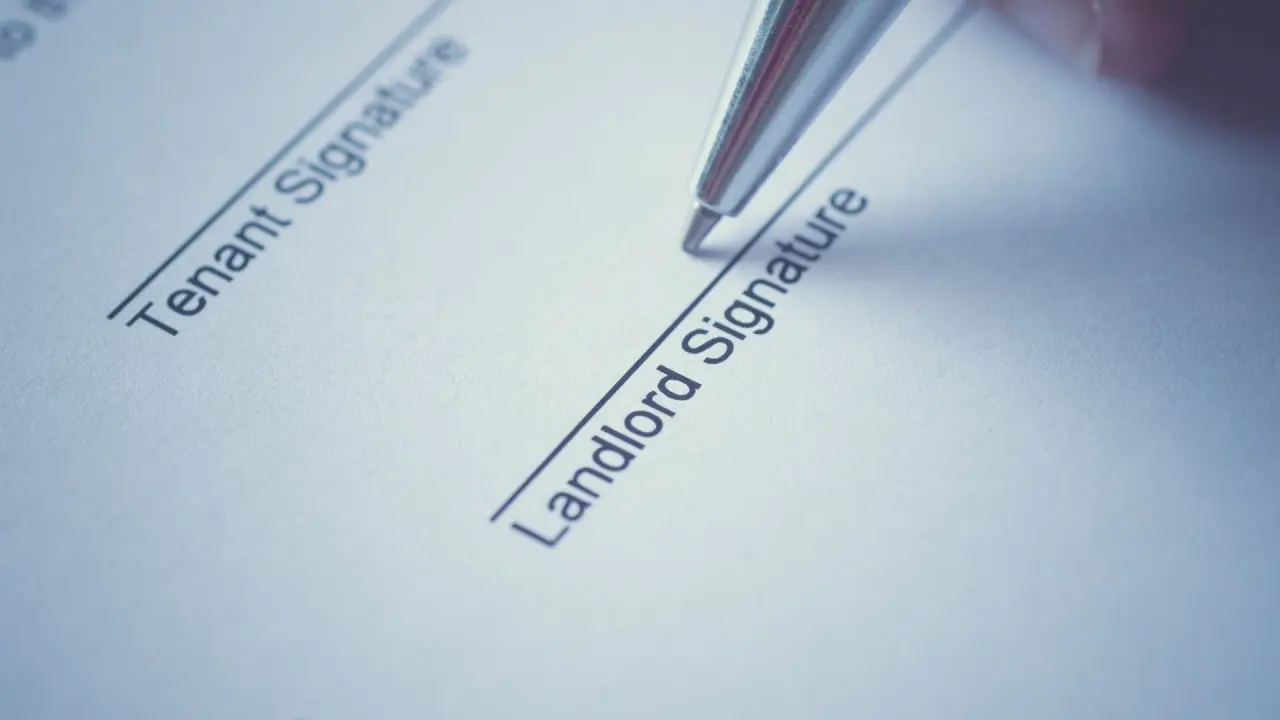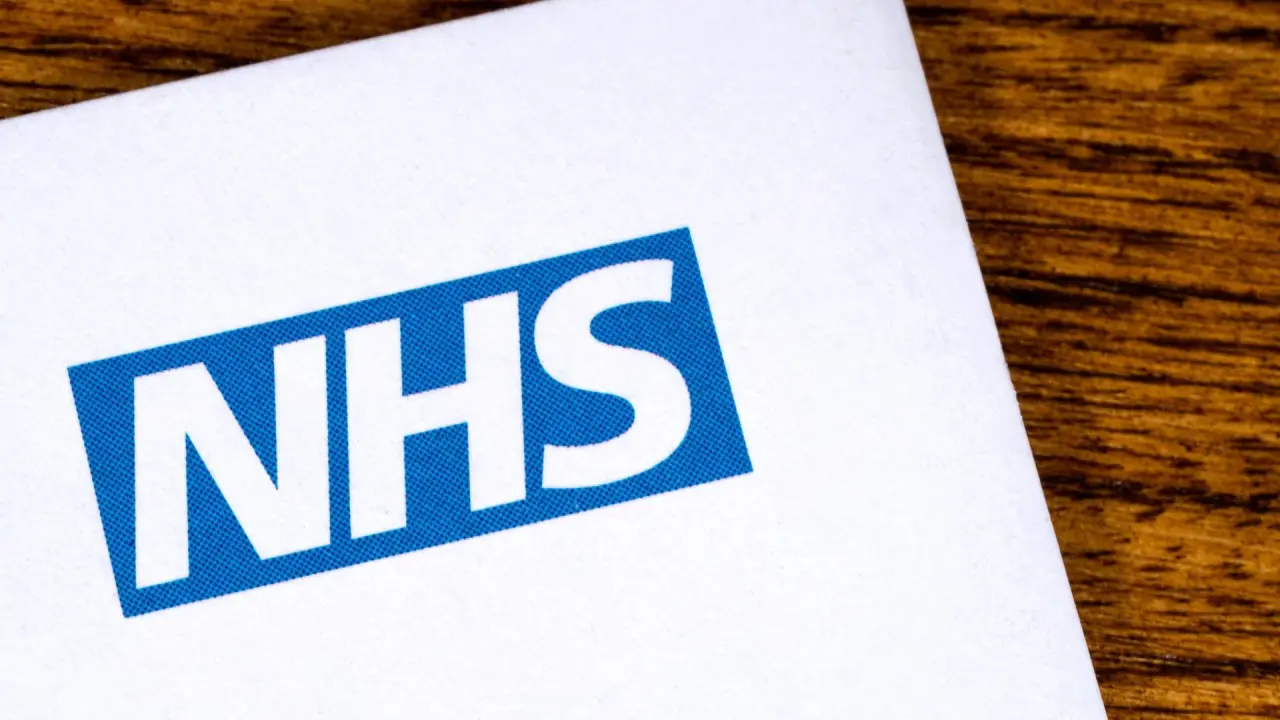- Can a Non-Dentist Own a Dental Practice?
Can a Non-Dentist Own a Dental Practice?

The question of whether a non-dentist can own part or all of a dental practice is a hot topic both on federal and state legislative boards. For many states, one of the key concerns in reaching a decision is about whether a non-dentist ownership interferes with the quality of treatment provided, as licensed dentists may be more educated in such matters.
In recent years, several state courts have addressed the numerous ways in which the profit motive of certain dental management corporations have directly interfered with dentists' decision-making and care quality. In one such example, Massachusetts-based American Dental Partners was made to pay out $130 million in a 2007 Minnesota lawsuit by dentists accusing the company of unlawful and unethical corporate decision-making in the dental practices it owned. Similar lawsuits against American Dental Partners have also occurred in Michigan and California with allegations of withholding replacement of defective equipment, improper refusal of treatments and failure to maintain adequate staffing.
So, can a non-dentist own a dental practice? The short answer is yes. However, there are specific nuances to the matter that may differ from state to state because many have their own definitions of what ownership means. Here's an in-depth look at the topic and the subtle distinctions in its legality throughout the country.
"Owning" a Dental Facility

Obviously, the ownership of both the physical building in which the dental practices are being administered and the equipment used is fairly straightforward. In some cases, the building itself may be owned by a landlord entirely separate from the profession, and the occupying dental practitioner simply pays rent to the landlord. Often in this type of situation, larger pieces of equipment (the chairs, compressors, autoclaves, etc.) may be leased from equipment supply companies and a landlord can rent out a fully fitted dental practice building to a dental business owner.
The issue here, however, is the ownership or profits and revenues obtained through the dental services themselves. This is where the legal idiosyncrasies and situational nuances begin to come into play.
United States

In most cases throughout the United States (with the exception of a few very limited circumstances), only dentists or specifically prescribed dental care professionals (DCPs) can carry out the business of dentistry. By definition, the business of dentistry includes receiving payment for services rendered in the course of the practice. Therefore, non-dentists are not typically permitted by law to set up or buy a dental practice solely of their own merit. On the other hand, they are permitted to be shareholders in a company that holds the practice and can operate under a number of conventional guises, including:
- Sole Trader
- Partnership
- Limited Company
The condition is that the majority of directors and shareholders of the company cannot be non-dentists and must be either equal to or less than the amount of DCPs on the board. This sort of dental business model is becoming more and more prevalent. With each passing year, more non-dentists invest as shareholders in dental practices and other health care services.
United Kingdom

The United States isn't the only country with legislation regarding non-dentist ownership. The issue has experienced increasing awareness and attention in the UK as well. Its National Health Service (NHS) regulations are specifically designed with the purpose of keeping dental services under the main leadership and influence of qualified clinicians. NHS contracts can only be awarded to:
- A sole trader or partnership already affiliated with the NHS. In the case of a partnership, a non-dentist isn't required to be named on the NHS contract but can be if they wish.
- A limited company in which the majority of board directors are qualified practitioners.
- Any of the previously mentioned ownership structures in which all contractors are licensed dentists/DCPs.
Any dental practice, whether privately owned or NHS-affiliated, is regulated by the Care Quality Commission, which conducts routine checks to ensure the real influence of qualified clinicians in day-to-day operations of every dental business. On top of this, dentistry in all forms is also regulated by the General Dental Court, which also checks for compliance with qualification requirements. In particular, they oversee compliance with the Dentists Act of 1984. These checks include:
- Compliance regarding registration of all practicing clinicians and nurses
- Compliance with the appropriate number of licensed dentists/DCPs on boards of directors
- Regulatory control over the descriptive terms "dentist" and "dentistry" and what they entail - meaning, the GDC alone defines the legal parameters of and suitable qualifications of any dental practice
State and Federal Points of Debate

In the U.S., other authorities on both state and federal levels have had to get involved as well. The state of Texas has conducted extensive investigations into alleged Medicaid-related fraud by dental corporations. Furthermore, North Carolina has legislation currently pending that would require state approval of agreements between dentists and their management companies.
However, many corporate advocates claim that the capital contributions of corporate ownership encourage and create more career opportunities for new dentist graduates overwhelmed with student loan debt. They maintain the position that much-needed preventative care services can be more adequately distributed and made available to the general public by utilizing corporate business models. Various investigations have sought to determine whether these corporate contributions to rapid growth and increased career opportunity are a double-edged sword; some believe that the profits derived from corporate expansion lead to a whole new set of issues, such as billing for unnecessary services when patients have all the necessary insurance coverage to pay for them.
In Massachusetts, dental regulations contain very detailed language and terminology concerning how non-dentists may have ownership shares in dental practices. Any practice not entirely owned by licensed dentists must be specifically listed as a "dental clinic" and is subject to a much more rigid and detailed set of regulations from the Department of Public Health. Moreover, because any advertisements for dental services must include the name of at least one owning licensed practitioner, opening marketing dental clinics as official dental practices can even be considered a legal violation.
Under Florida law, no person or entity other than a licensed dentist, professional corporation or LLC may:
- Employ a dentist or dental hygienist
- Control the use of any dental equipment or supplies used in practice
- Direct, control or interfere with a dentist's clinical judgment
Also, a non-dentist cannot legally offer or pay a dentist a salary or commission. In fact, a Floridian dentist can even establish their own solely owned professional corporation while the non-dentist provides services through an LLC or other taxable organization.
Only three states (Iowa, South Carolina and Utah) report no restrictions concerning who can own a dental practice. In Virginia, the law restricts ownership of professional corporations and limited liability companies, but no legal provisions currently exist regarding ownership of an unincorporated practice.
Dentists are also prohibited from entering into any business agreement with a person or entity who does not hold a valid license to practice dentistry in which that person or entity is given final decision-making authority regarding practice administration, supervision, treatment, fees, billing and maintenance of dental equipment and supplies.
As you can see, the topic of whether a non-dentist can (or should be able to) take part in ownership of a dental practice is complex and varies from state to state. And so are the demands and requirements of owning a dental practice in general. US Dental Practices has plenty of resources to help with any questions you may have. Contact us today to talk to an expert.
Our local brokers can help you through the transitions process.
We provide personalized assistance with buying, selling, or financing a practice.
Talk with a local brokerDental Practice Transition Specialist
Dr. Bill Lossef graduated from NYU Dental College in 1980. He worked as an associate in several different types of practices before starting his own Fee-For-Service practice in Greenpoint, Brooklyn in 1984. He eventually sold his interest in the practice in 2017, retiring completely from chairside dentistry in 2018. In 2011, Bill started as an associate with another dental practice broker. In 2014, Bill decided to leave that brokerage and move to US Dental, where he was given the opportunity to lead the sales team. Buyers and Sellers appreciate his hands-on approach that helps get deals from the starting line to closing. Bill is also a real estate salesperson licensed through the Oxford Property Group in Manhattan. Bill works with several agents at Oxford as well other agencies. Bill lives with his wife Deb on Long Island and enjoys traveling to meet dentists anywhere in the NY, NJ, and CT areas.
Send me a message
I will get back to you as soon as I can
Subscribe to our Newsletter
Receive our newest dental listings, articles, and news, sent to your inbox weekly.
